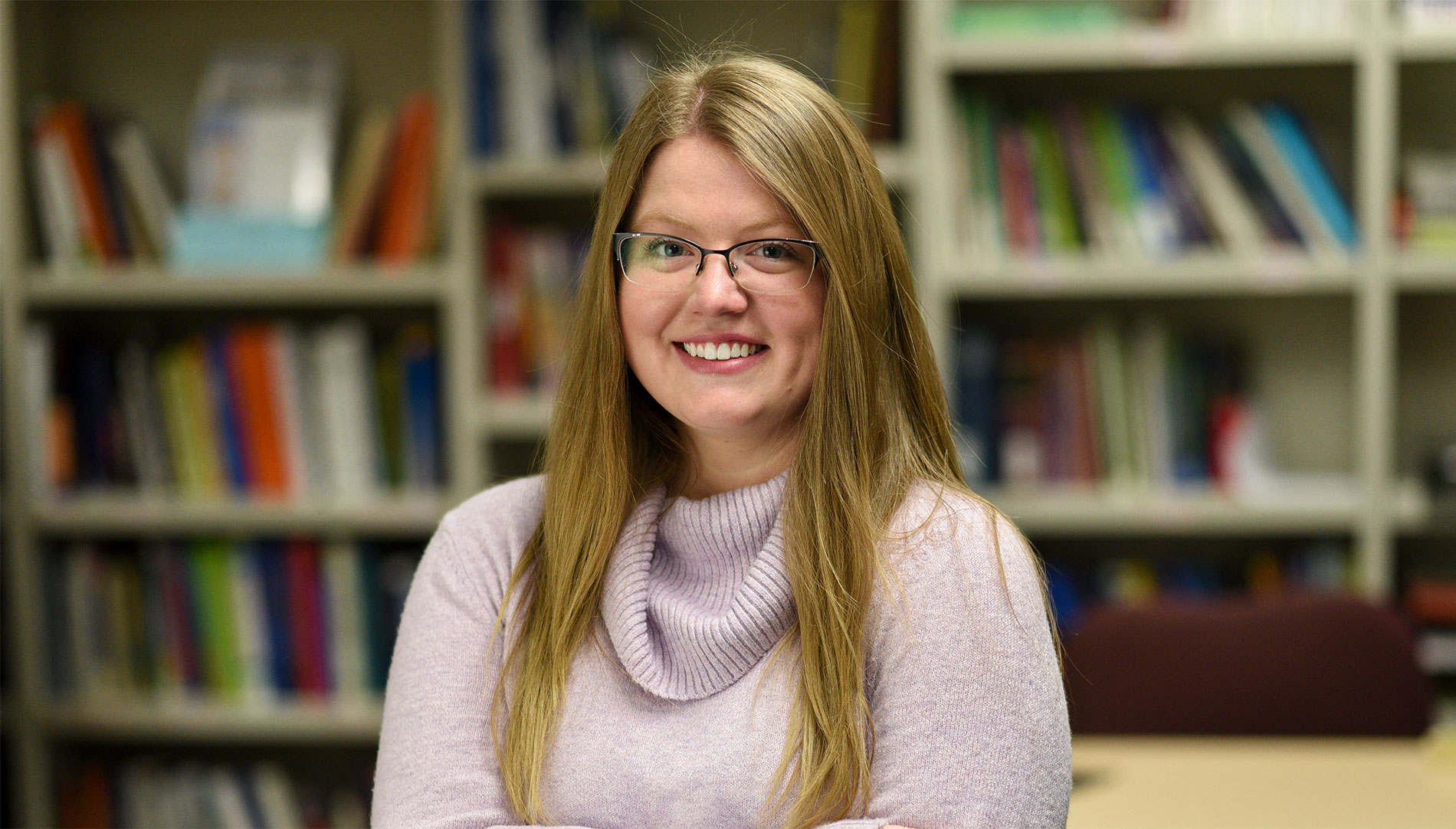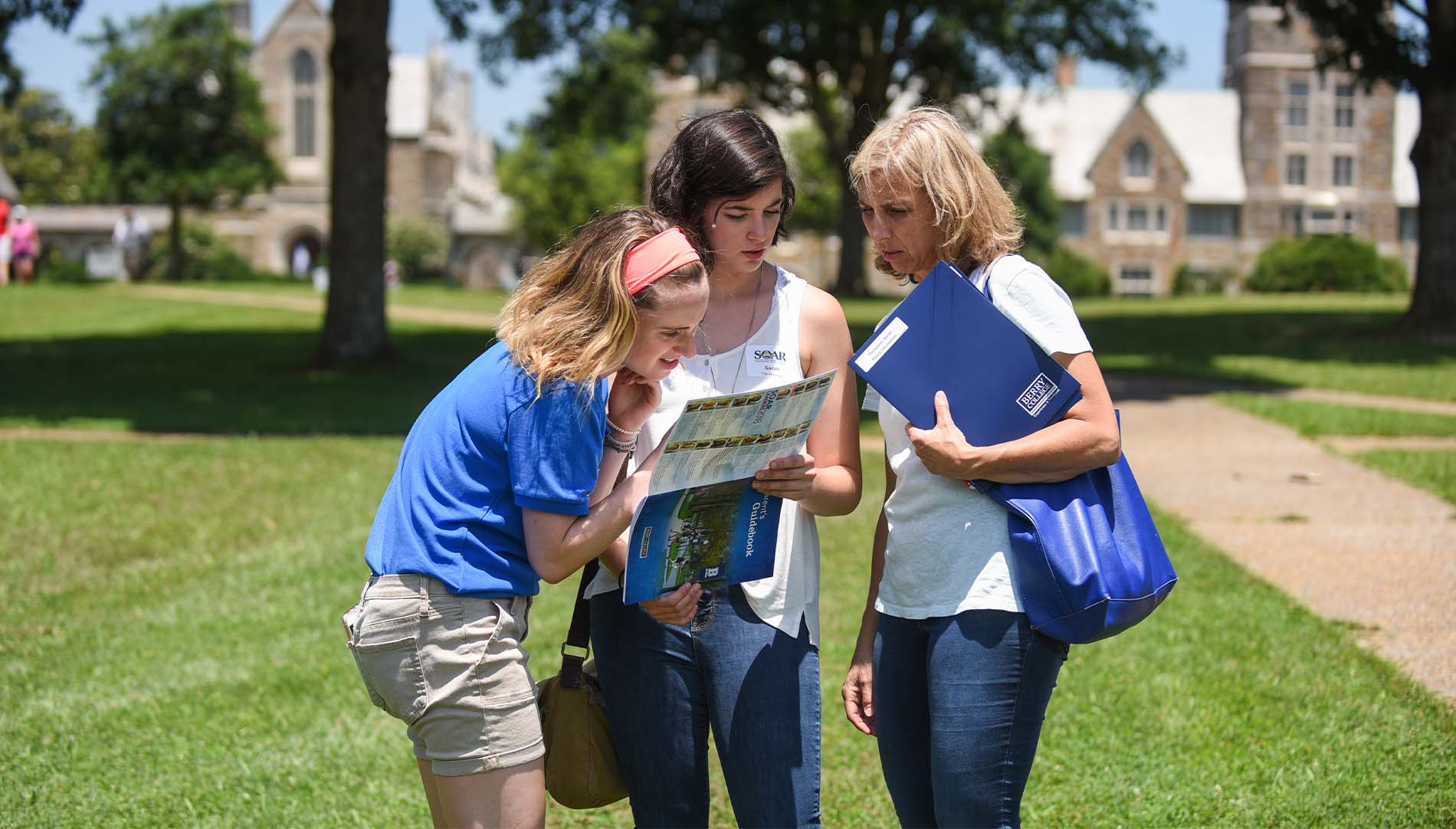Allie Williams ’21 always knew that she wanted to help people, but she changed her course of study a few times before deciding to major in psychology and minor in applied behavior analysis (ABA), the primary evidence-based treatment for autism spectrum disorder. “I took an ABA class, and I fell in love with it,” she says. “I realized how important it could be, changing so many lives, so I stuck with it.”
Allie’s interest in working with individuals with developmental or intellectual disabilities led to a close bond with Professor of Psychology Michelle Haney, who directs Berry’s ABA program and is a licensed school psychologist. As Haney’s teaching assistant, Allie coached Berry students in several subject areas (lifespan development, exceptional children/youth in schools and autism spectrum disorder), developing study guides, reviewing material and setting up opportunities to work with individuals who have developmental disabilities. She also spent a semester as a teaching assistant in a local autism classroom.
Haney facilitated Allie’s internship with Spectrum Analytic Consulting, an in-home ABA therapy company, where she now holds a job. Allie also interned with Network Day Service Center, which provides comprehensive services to more than 100 adults with intellectual and developmental disabilities.
The wealth — and variety — of hands-on experiences has worked to Allie’s advantage. “It’s shown me that not one size fits all,” she says. “There are multiple ways you need to look at different problems and help solve them with different methods, rather than just trying to do everything the same way all the time.”
Allie entered Middle Tennessee State University’s combined M.A. and Ed.S. program in school psychology this fall. “Once I had a hands-on experience with at-risk populations with developmental and intellectual disabilities, I realized that they’re totally underrepresented in school,” she explains. “Everybody needs an advocate … to help them get what they need out of school … and be able to have the opportunity to have school work for them in the same way that it works for typically developing peers.”
Haney has confidence in Allie’s future. “She has correctly chosen a path that involves working collaboratively with others. She actively listens, she knows how to present ideas in a way that’s supportive … she really cares about people, and it shows.”



